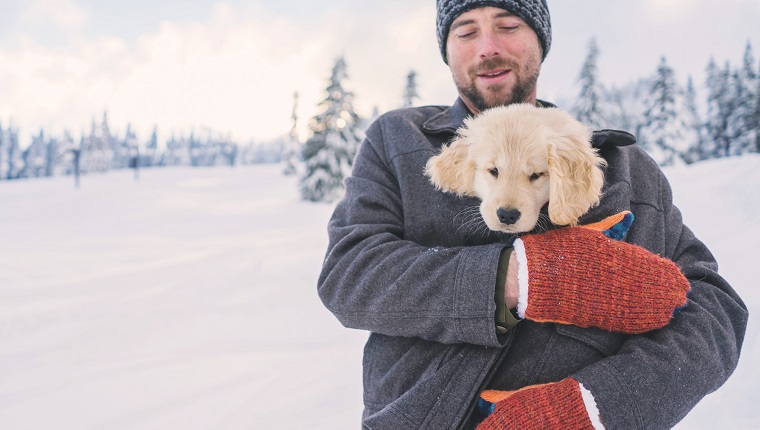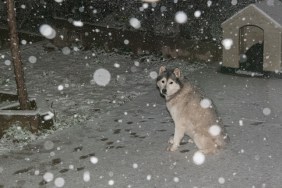Subzero temperatures can be tough — not just physically, but also mentally. Staying cooped up indoors has its downsides, and the same can be said for our dogs. However, we all need to take precautions in this weather, and that means spending more time inside.
With the extreme cold brought on by a polar vortex, spending any time outside can be dangerous for humans…








